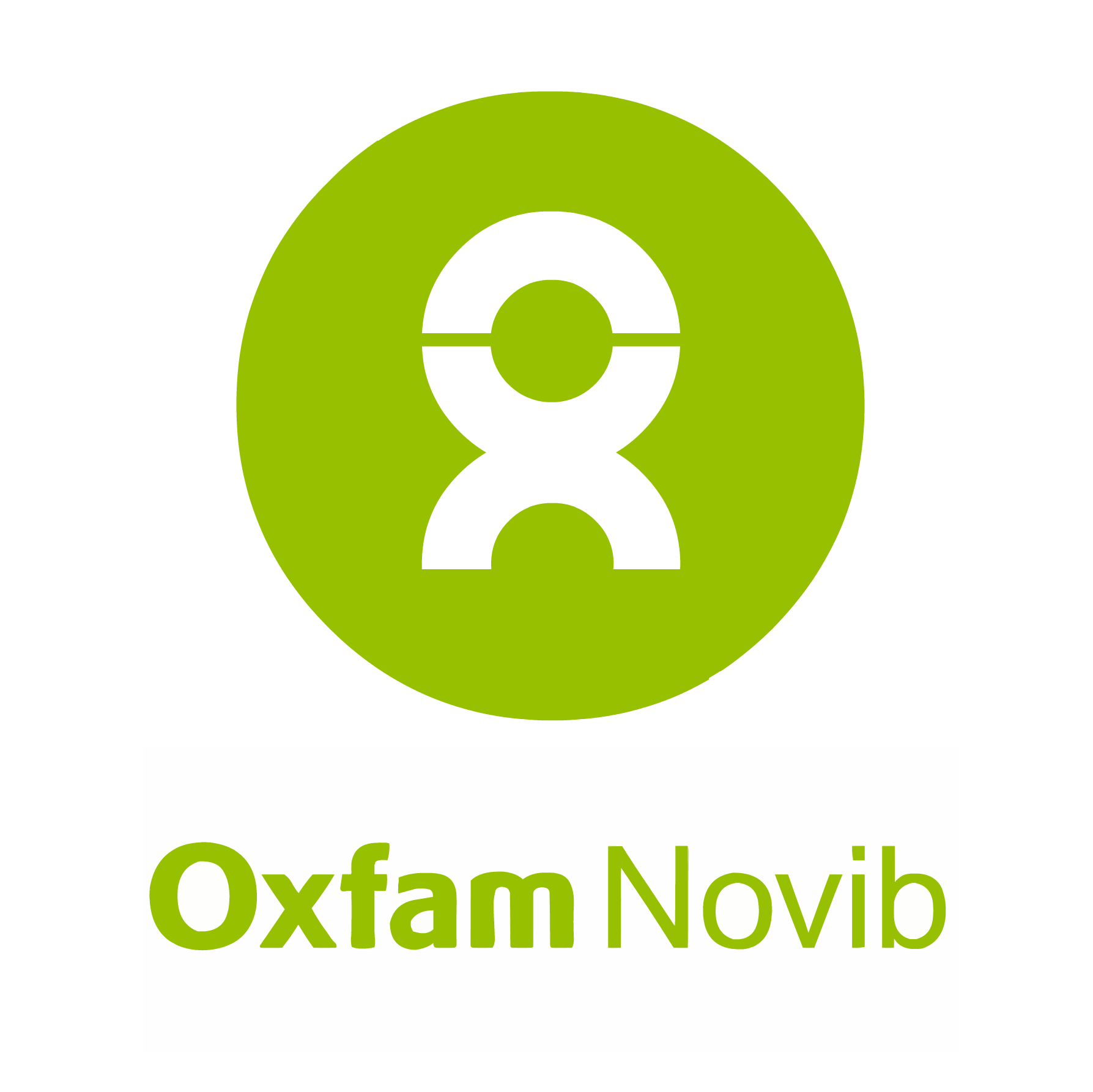Community / Land projects / Strengthened livelihoods
Strengthened livelihoods

€0
01/12 - 03/14
Completado
This project is part of
Implementing Organisations
Donors
Data Providers
General
The Pan Africa Programme of ACORD focuses on Food Sovereignty. Within Food Sovereignty, the focus is on the following three broad complementary categories: 1. Focus on agriculture polices, in particular through engagement on the Comprehensive Agriculture and Development Programme (CAADP) and the Pastoralist Policy Framework (PPF). 2. Regional and continental trade agreements, access to market for small scale farmers and the emergence of food reserves in the continent 3. Land as natural resource: Owners and Users and its Impact on Food Sovereignty, women's access to land, family based agriculture, resource based conflict, emergence of the BRIC economies and their interest in African land. Supporting pillars are: Gender Injustice (Gender mainstreaming, Economic empowerment, Women in decision making, Stopping impunity for SGBV); Conflict and Insecurity (Land rights for IDPs and returnees, Sustainable community peace and recovery; HIV and AIDS (HIV mainstreaming, HIV/nutrition/livelihoods nexus, Universal access to prevention, care and treatment); Climate Change (Mitigation, Adaptation) The specific outcomes are: Outcome 1: Good quality investment in agriculture is increased, through CSO policy engagement, in particular small holder farmers and women, and their promotion of principles for food sovereignty, equality and ecological sustainability. Outcome 2: Empirical evidence of pastoralism as a successful and viable livelihood for the twenty-first century is compiled and communicated to decision makers and donors at national, regional and continental level. Outcome 3: A sustained movement of farmers and CSOs are actively engaged in trade negotiations advocating for agreements that support small scale food producers, prevent dumping and preferential treatment of large-scale agribusiness Outcome 4: Improved policies and practices which better reflect the rights and specific needs of small producers, especially women, with regards to control, accessto, administration and management of land and other economic means of production. Outcome 5: Increased civil society participation (particularly women) in implementation of gender responsive land, agricultural development, women?s protection and reparations programmes, policies and services at national and Regional Economic Communities (REC) level. Outcome 6: Communities previously in tensionor active conflict over land or water resources are in dialogue processes with reduced tensions. Outcome 7: ACORD and CSO partners are increasingly able toundertake effective research, policy analysis and advocacy.



